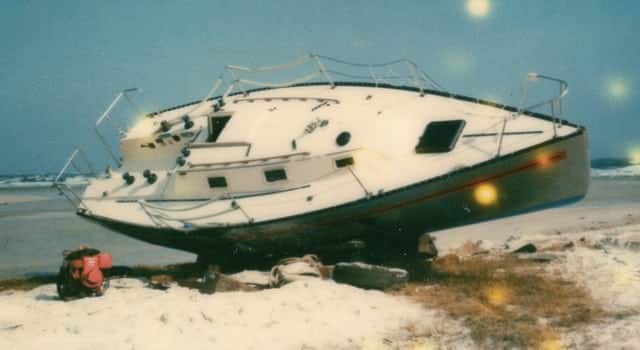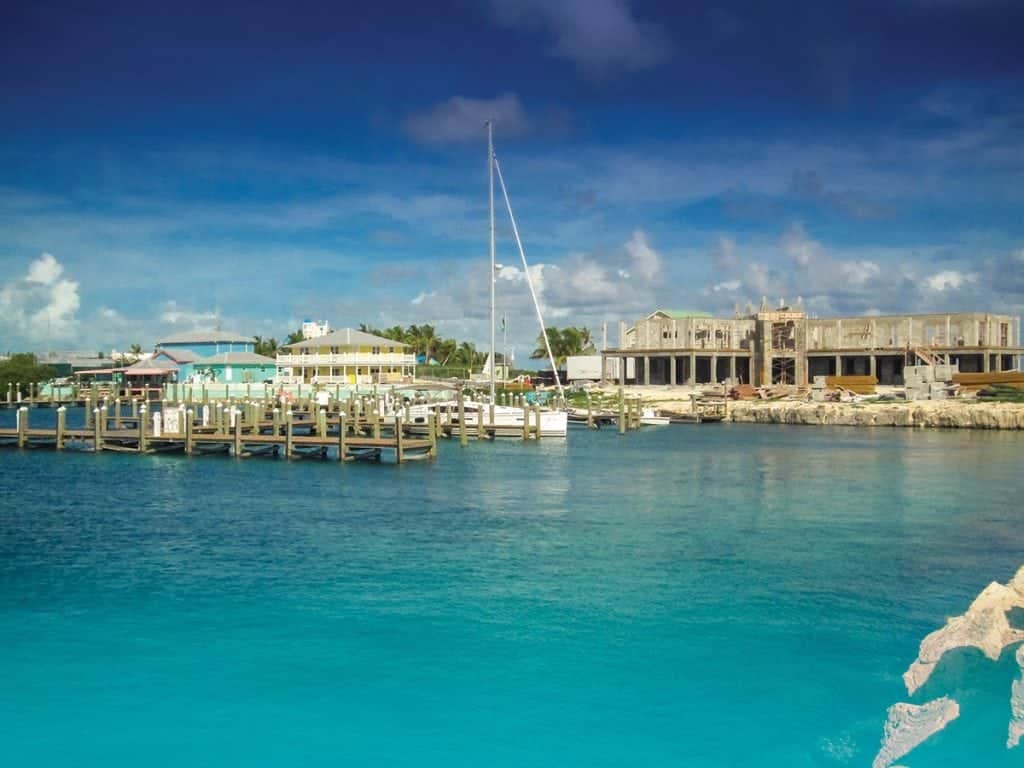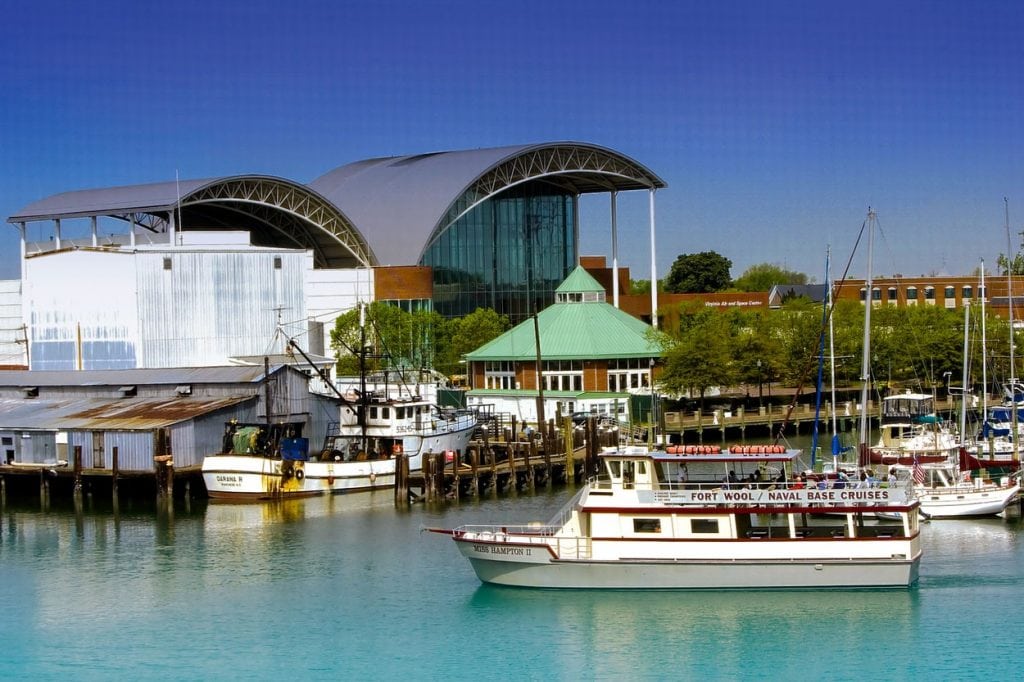There has been a run of deadly accidents and weather events during regattas on all of the United States’ coasts and on the Great Lakes in the last few years, including Alabama’s tragic Dauphin Island Race this April 25th in which five sailors drowned. While these events tend to draw more coverage nationally, they are but larger scale examples of the daily occurrence of boating incidents documented by the U.S. Coast Guard. On the Gulf Coast the weather can be explosive as powerful squall lines erupt along cool fronts, and while these deadly “adventure” stories are interesting reads, they also serve as tools to remind all boaters of the potential hazards on the water.
In 1983, a squall line exploded over a fleet of racing sailboats and their experiences became another cautionary tale. Out of the 38 boats that started the 180nm New Orleans Lightship Race off the Mississippi coast with heavily overcast and threatening skies, only 6 would finish. Conditions worsened quickly throughout the race as the cold front approached from the north, and several boats had serious issues in the first few miles and didn’t make it past the mark at Ship Island Pass let alone into the open waters of the Gulf.
These were still the days of Gulf Coast sailing legends like Tommy Dreyfus and Buddy Friedrichs and where LORAN and dead reckoning were king. But even on many of these heavy displacement boats with winds reported from nearby offshore oil rigs approaching sustained 40 knots with gusts as high as 65 and seas over 15 feet, it was too much.
Topper Thompson was on board Slot Machine, a Lindenberg 30. He explains their grim experience and eventual forced removal from the regatta. “On top of the 12-foot seas, occasional monsters would come through and break on top. One wave broke and flipped us stern over bow. In the same motion, the rudder was broken off. The boat came up, rig intact, but no steerage. A sea anchor was deployed, but it did not bring the bow into the wind, said Thompson. “Slot Machine had no control and was broadside to the breaking waves. The crew got below deck, wedged themselves into place with sails, and tried to stow all potential projectiles. A Mayday was put out and the Coast Guard was contacted. In the middle of communication with the Coast Guard, the boat rolled again and this time the mast hit the bottom and communication with the Coast Guard ceased.”
Thompson and his crew eventually beached on Petit Bois Island and all were rescued, but not every boat was as fortunate with many sunk or dismasted. A 19-year-old Tulane student, Nelson Roltsch, was lost off a J/29 due to a rogue wave. He was never recovered.
The love of all forms and methods of boating is a very real passion, but so is the necessity of proper safety. Be safe out there, folks.
By Troy Gilbert, Southern Boating, November 2015














